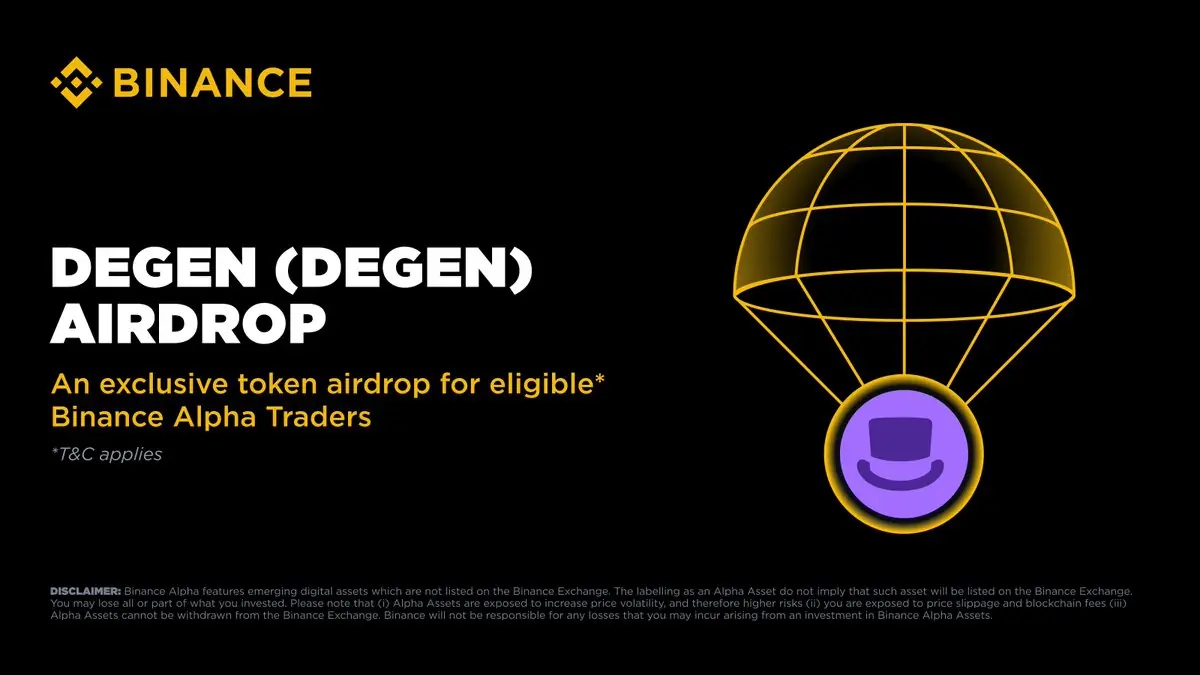 Photo by engin akyurt on Unsplash
Photo by engin akyurt on UnsplashPicture this: it’s July 2024, and Ethereum exchange-traded funds (ETFs) are finally live on U.S. exchanges, letting investors bet on ether without touching a crypto wallet. Big win, right? But there’s a catch — these ETFs can’t stake their ether, which is like owning a racecar that’s stuck in the garage. Staking could earn 3–5% annual yield by helping secure the Ethereum network, yet the Securities and Exchange Commission (SEC) has it on lockdown. The battle to get staking approved is a full-on cage match, with issuers like Fidelity and BlackRock throwing punches against a tangle of securities laws. Let’s dive into the ring and unpack the rules fueling this fight — no law degree needed, just a love for the crypto drama.
The Securities Act of 1933: The Registration Rumble
First up is the Securities Act of 1933, the gatekeeper that demands every new security — like an ETF wanting to stake — lays it all bare for the SEC. Issuers itching to add staking must file beefy amendments (think Form S-1) spelling out the nitty-gritty: how staking works, what the rewards are, and risks like “slashing” (losing ether if validators goof up). The SEC’s got its fraud radar on high, sniffing for any hint that staking’s a shady securities deal in disguise. It’s like trying to convince a bouncer your glow-in-the-dark smoothie isn’t spiked — issuers have to prove staking’s just a blockchain perk, not a ticket to scam city.
The Securities Exchange Act of 1934: The Market Fairness Face-Off
Next in the ring is the Securities Exchange Act of 1934, which polices the exchanges — Nasdaq, CBOE, NYSE — where ETH ETFs trade. To unlock staking, exchanges must file rule changes (Form 19b-4) proving it won’t turn markets into a Wild West shootout. Back in May 2024, the SEC gave ETH ETFs the green light because ether’s spot prices vibe tightly with futures on the Chicago Mercantile Exchange, making it easier to spot price rigging. Now, issuers like 21Shares and Bitwise are back with fresh 19b-4s, arguing staking’s safe and pumps up investor returns. The SEC’s sweating bullets over centralized staking risks, so exchanges are piling on surveillance tricks to keep things clean.
The Investment Company Act of 1940: The Fund Rules Showdown
Most ETH ETFs are open-end funds, so they answer to the Investment Company Act of 1940, the law that keeps funds honest about their loot and risks. Staking’s a curveball here — the SEC’s worried it looks like an “investment contract” (a security, per the Howey Test), especially after slapping Coinbase and Kraken with staking lawsuits. The Act’s Rule 6c-11 let ETFs launch fast in 2024, but staking was axed to dodge trouble. Issuers are now pleading it’s no different from a stock dividend — just part of the deal. Until they convince the SEC it’s not a backdoor security, staking’s stuck on the sidelines.
Why This Fight’s a Blockbuster
Staking’s a big deal because it could juice ETF returns and pull more cash into crypto — some X posts even dream of ether hitting $14,000 if approved. The SEC’s not playing nice, though. They see staking as a potential securities trap, especially after calling out exchanges in 2023–2024. Issuers are countering with safer setups — like “point-and-click” staking to avoid tech hiccups — while leaning on ether’s commodity status (nodded to by the SEC in 2018). The May 2024 ETF approvals showed progress, but staking’s still a sore spot.
The Latest Punches
The tide’s shifting. In December 2024, SEC Commissioner Hester Peirce (aka “Crypto Mom”) hinted staking could get a break under new leadership in 2025. ConsenSys’ Joe Lubin doubled down in January, saying approval’s close as issuers tighten their plans. February and March 2025 saw CBOE and others file new 19b-4s for staking, with firms like Franklin Templeton joining the fray. If the SEC bites, ETH ETFs could rake in billions more, per Yahoo Finance. For now, it’s a waiting game — issuers are jabbing, but the SEC’s dodging.
Wrap-Up: A Crypto Cliffhanger
The fight for ETH ETF staking is a high-stakes showdown, pinned down by the Securities Act of 1933, Securities Exchange Act of 1934, and Investment Company Act of 1940. These laws demand staking proves it’s safe, fair, and not a securities scam. With issuers swinging and the SEC parrying, we’re on the edge of our seats. Will staking land a knockout, or is it headed for a technical foul? Stay tuned — this crypto saga’s got plenty of rounds left!
Author: Trent V. Bolar, Esq. (LinkedIn Profile)
Disclaimer: All content in this article is intended for general information only and should not be construed as legal advice. Information in this article may not constitute the most up-to-date legal or other information. The content in this article is provided “as is,” and no representations are made that the content is error-free. Use of, and access to, this article or any of the links or resources contained within do not create an attorney-client relationship between the reader, user, or browser and the author. All trademarks, logos, and service marks used in this article are the property of their respective owners. The use of such trademarks does not imply any affiliation with or endorsement of this article.
© 2025 Trent V. Bolar, Esq. | All rights reserved.
The Great Crypto Clash: Fighting to Get Staking Approved for Ethereum ETFs was originally published in The Capital on Medium, where people are continuing the conversation by highlighting and responding to this story.


 1 month ago
12
1 month ago
12 










 Bengali (Bangladesh) ·
Bengali (Bangladesh) ·  English (United States) ·
English (United States) ·